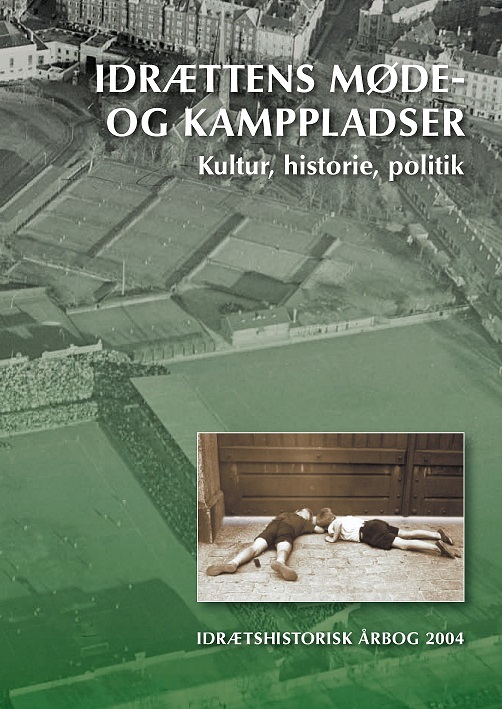Fra modmagt og kamp til velfærd. Forsamlingshuse, højskoler og idrætshaller i Sønderjylland
DOI:
https://doi.org/10.7146/ffi.v20i1.31704Abstract
Idrætsfaciliteters og forsamlingshuses rolle og betydning for idrætten i Sønderjylland fra ca. år 1890 og frem.
From resistance and struggle to welfare. Village halls, Folk high schools and sports halls in Southern Jutland
Village halls and the gymnastics associated with them were established in the first instance as part of a cultural reaction against the attempt to extend the activities of German associations in Northern Schleswig. It is scarcely surprising, therefore, that they started in those areas with the strongest Danish affiliations close to Rødding Folk High School and the Kongeå border with, for instance, the first Danish village hall being built in Skrave. In the second phase, after the drawing up of the new border, it was important for Danish culture to get a foothold in those new areas of Southern Jutland with predominantly German affiliations, and an example of this was the construction of the Danish village hall in Jyndevad. In the third phase, when differences between those with German and those with Danish affiliations were resolved by cooperation, sports halls gradually took over the role of village halls, but there was an attempt, similar to that in the first two phases, to retain a principal of proximity in relation to the development of sport. The construction of the sports hall in Tønder is an exemplary expression of sport’s incursion into the welfare state, while the construction of the hall in Agerskov provides an example of the attempt on the part of popular forces to retain the same principal of proximity that applied to village halls.
Downloads
Published
How to Cite
Issue
Section
License
Forfattere, der publicerer deres værker via dette tidsskrift, accepterer følgende vilkår:
- Forfattere bevarer deres ophavsret og giver tidsskriftet ret til første publicering, samtidigt med at værket er omfattet af en Creative Commons Attribution-licens, der giver andre ret til at dele værket med en anerkendelse af værkets forfatter og første publicering i nærværende tidsskrift.
- Forfattere kan indgå flere separate kontraktlige aftaler om ikke-eksklusiv distribution af tidsskriftets publicerede version af værket (f.eks. sende det til et institutionslager eller udgive det i en bog), med en anerkendelse af værkets første publicering i nærværende tidsskrift.
- Forfattere har ret til og opfordres til at publicere deres værker online (f.eks. i institutionslagre eller på deres websted) forud for og under manuskriptprocessen, da dette kan føre til produktive udvekslinger, samt tidligere og større citater fra publicerede værker (se The Effect of Open Access).





